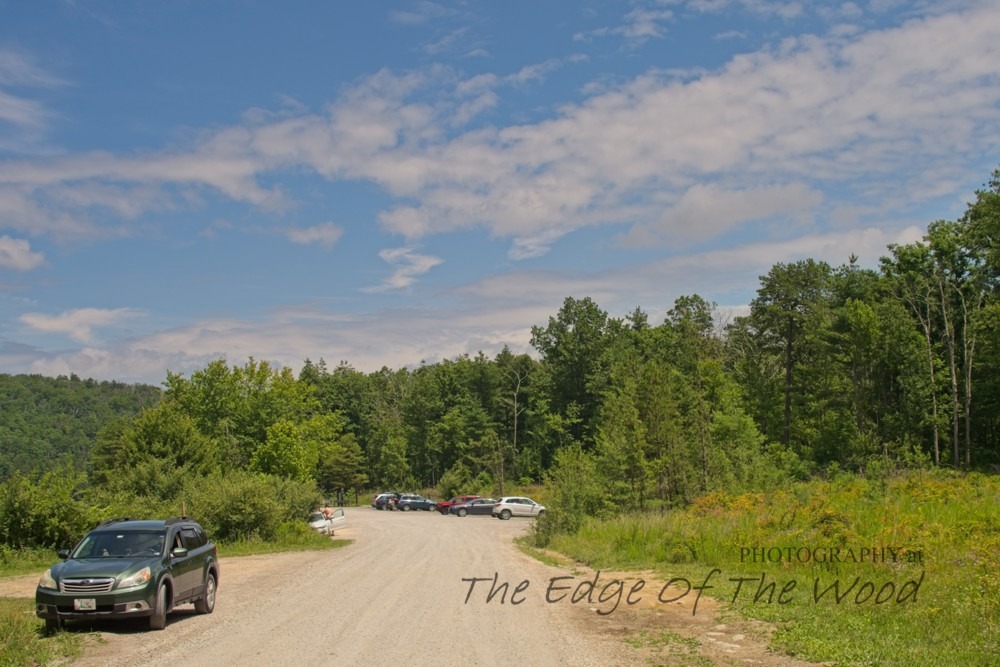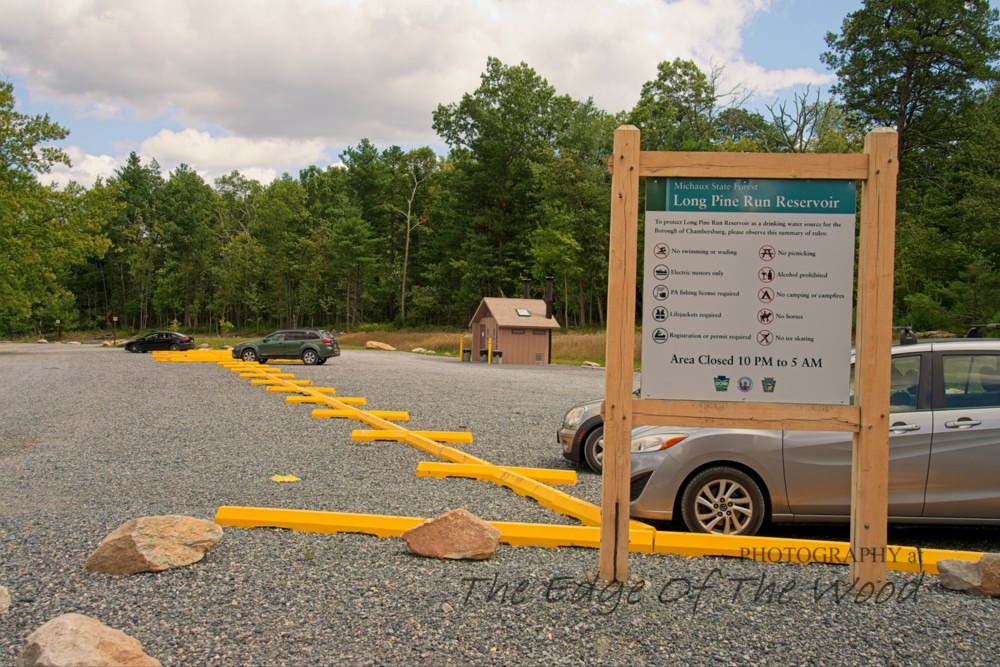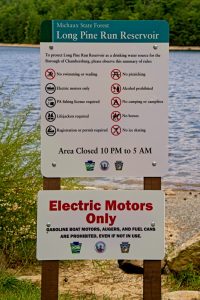(Click the Play arrow to listen to this story.)
We humans do love marking our turf. Last week I mentioned that whenever I search online to identify an insect I’ve found, the identification often would be accompanied by commercials for companies offering to eradicate it. In a sort of related vein …
The Washington Post this week reported former President Trump’s son-in-law, Jared Kushner, went hiking in coastal Albania and fell in love with the place — so much so that he wants to pave it over and build hotels on it so more of his rich friends can enjoy it.
According to the Post (https://www.washingtonpost.com/politics/2024/08/17/jared-kushner-resort-albania-environment/), he declared the place “magnificent” and “natural,” and an “incredible canvas” on which to develop a luxury resort “where people would love to be.”
Albania is a small nation across the Adriatic Sea from the “boot” of Italy. Once part of the Roman Empire, and most recently under Communist control, the nation now is governed by an elected parliament.
Wikipedia describes Albania as “a developing country with an upper-middle income economy driven by the service sector, with manufacturing and tourism also playing significant roles.” It is similar in that respect to my hometown: lots of upper middle class folks and tourists and a service industry of farmers, waitresses and store clerks.
“Developing countries” also often means a strong focus on economic development, even at the expense of the very characteristics that make them attractive. Kushner’s plans for the thousand-acre Xanadu include five-star hotels and villas and a jetport — there are currently no roads providing access to the place that has captured the young real estate mogul’s financial heart.
Until recently. the land has been protected habitat for pelicans, flamingos and several endangered species in what reportedly is one of the last wild, coastal ecosystems in the Mediterranean. But the Albanian government recently changed the rules for the former U.S. president’s son-in-law to allow the development, the way a Pennsylvania township might change zoning laws to allow turning farmland into condos.
Or a state forestry agency might use its authority to pave a wilderness parking lot and plant a toilet facility on the shore of the adjacent lake.
For decades, kayakers and hikers have been leaving the paved road to drive more than a mile to a lake within Michaux State Forest. A multitude of trails, including a portion of the Appalachian, invite hikers to enjoy getting out of the more urban locales to experience nearly 90,000 acres of visual wilderness.

I specify “visual wilderness” because there is no part of the Michaux where one cannot hear airplanes and terrestrial vehicles. On the other hand, the forest’s multitude of footpaths and logging roads mostly are closed to motor vehicles, thus requiring only a small adjustment to one’s definition of “wilderness.”
On any summer weekend at the 500-acre lake, one could see a dozen or so kayakers enjoying waterborne serenity. No motorized boats, no swimming, no McDonald’s. Until this summer, the nearest “facilities” were three miles away. An unimproved parking area had been carved into the lakeside forest for vehicles whose owners had carried canoes, kayaks and small sail boats and boards to the water’s edge.

Suddenly, the clearing has doubled in size — though not capacity. A modern “outhouse” is built at the periphery of a chipped rock parking area marked with bright yellow bumpers so drivers can know where to park 22 trailerless vehicles, plus an additional six vehicles with trailers —trailers that usually would carry boats requiring the kinds of motors that are not allowed on the lake.
Assistant District Forester Michelle Blevins told me in 2021, after the additional land had been logged but before actual improvement began, the parking area would not “increase that much,” adding the plan was to make the site “more user friendly.”
“We’re not trying to make it so that more people can use the site,” Blevins said. “We’re just trying to make the experience a little bit better.”
New signs abound, informing would-be recreationers of all the things they may not do. Even wading is not allowed, and likely never will be. Long Pine Run Reservoir is a major water source for the Borough of Chambersburg.

I must admit the composting outhouse is a nice touch, saving a visitor the need to drive three and-a-half miles to the nearest “facilities.” The rest of the “improvements?” Well, as the signage notes, No picnicking, no campfires No ice skating.
It reminds me of the 1970 Joni Mitchel song, “Big Yellow Taxi” with the refrain “They paved paradise and put up a parking lot.”
We humans have arrived, and marked our turf.
Text and Images ©2024 John Messeder. John is an award-winning environmental storyteller, nemophilist and social anthropologist living in Gettysburg, PA. He may be contacted at john@johnmesseder.com
